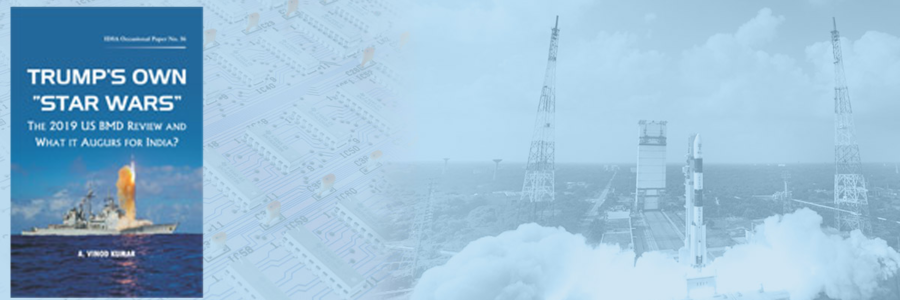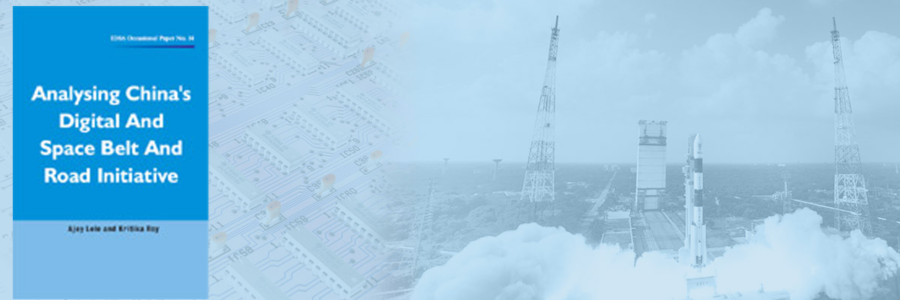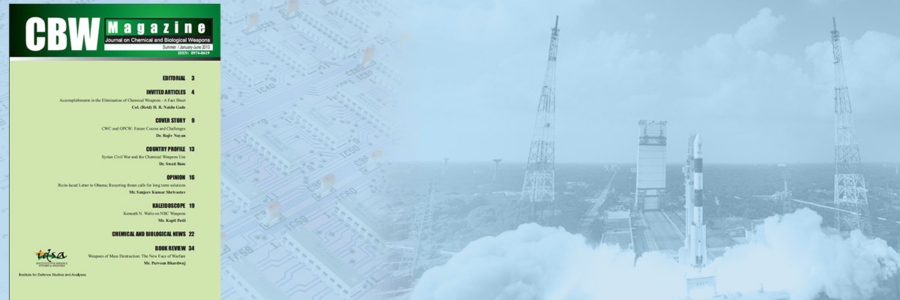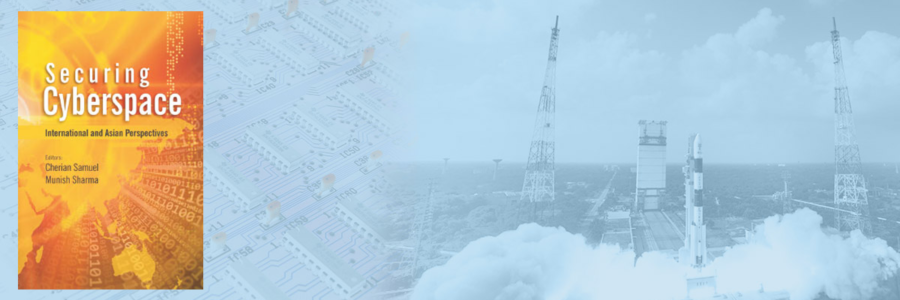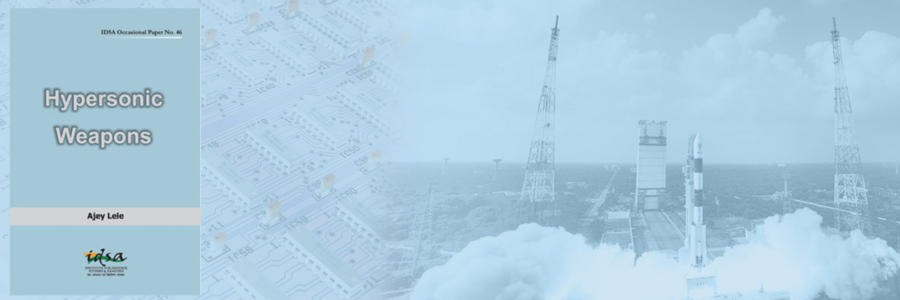A Comprehensive Approach to Internet Governance and Cybersecurity
The pressing issues around cyberspace revolve around internet governance, cybersecurity and drawing up rules of the road for the new domain of cyberwar. While each of these is at a different stage in its evolution cycle, cyberspace itself is facing a watershed moment as insecurities mount. The fragmentation of cyberspace seems inevitable unless there is accelerated movement on resolving the fundamental issues of internet governance and cybersecurity that have been hanging fire for well over a decade.
- Arvind Gupta , Cherian Samuel
- July 2014





